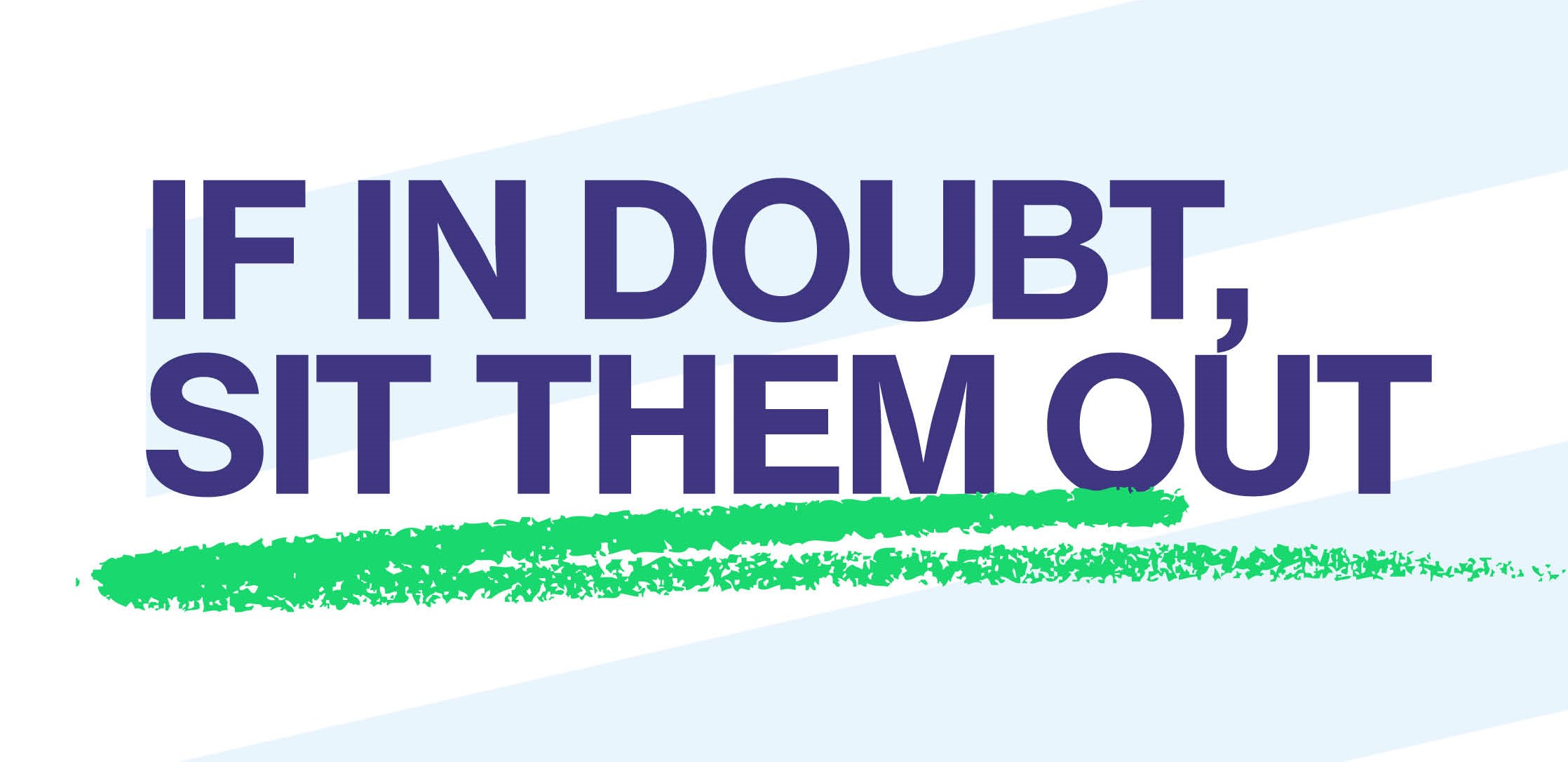 Concussion – The Facts
Concussion – The FactsThe UK-wide Concussion Guidelines for Grassroots Sport has been published (Updated in November 2024) which will help players, coaches, parents, schools, National Governing Bodies and sports administrators to identify, manage and prevent Concussion issues.
‘If in doubt, sit them out’ is the strapline, making clear no-one should return to sport within 24 hours of a suspected concussion.
Players, parents, coaches, teachers and administrators are now asked to read the guidance and familiarise themselves with the necessary steps to:
The guidelines include a recommendation to call NHS 111 within 24 hours of a potential concussion, to rest and sleep as much as needed for the first 24 to 48 hours and avoid using devices which involve screen time.
In addition, a graduated return to activity such as work, education and sport is advised to reduce the risks of slow recovery, further brain injury and longer-term problems. Individuals should be assessed by an appropriate healthcare professional if symptoms persist for more than four weeks.